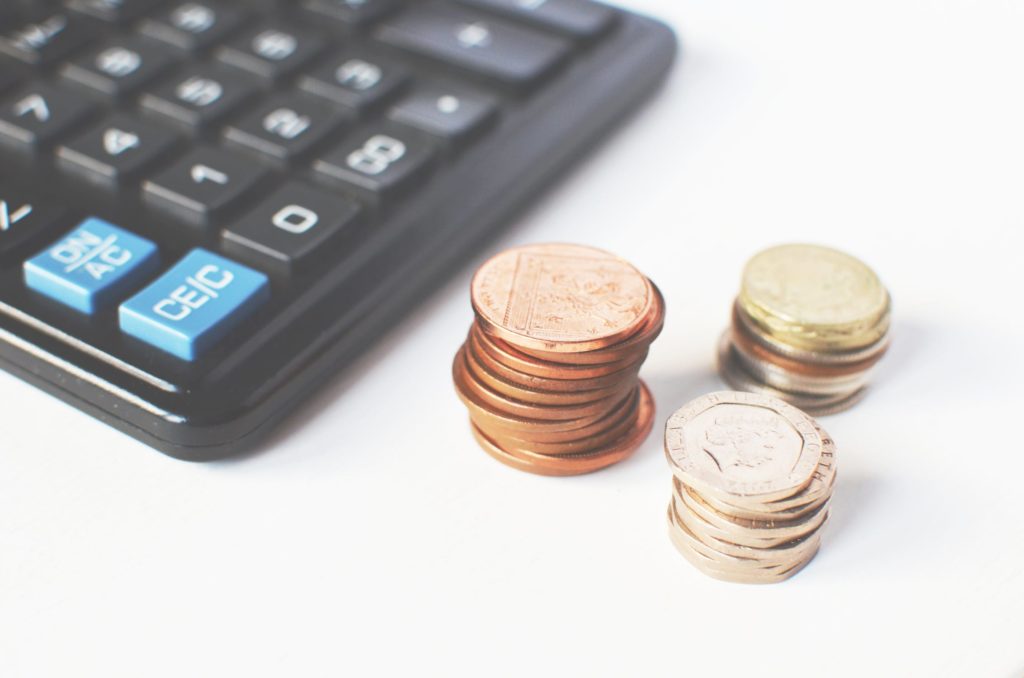Since you’re visiting CitizenEffect.org, it’s a safe bet that you believe — and have hopefully experienced — that doing good in the community (and the world at large) and being financially successful are not mutually exclusive. On the contrary, they can and should travel in pairs.
However, there’s an old saying that wisely warns the morally and ethically-inclined among us that “the road to hell is paved with good intentions.” No, this doesn’t mean we should avoid caring and sharing because we might make a mistake or regret it later.
Rather, it means we shouldn’t make assumptions — or more blatantly put, we shouldn’t be sloppy — when it comes to doing something that feels right and seems principled, because this may not turn out to be the case. And one of the most glaring examples of this type of ethical backfiring takes us into the world of filing for bankruptcy.
According to the Law Office of Charles Huber, which has been filing consumer bankruptcy cases for more than 30 years, some truly good people — we’re talking the kinds of wonderful folks who you’d want to have as a best friend and, heck, maybe even a spouse — believe that the “right thing to do” before filing for bankruptcy is to pay back loans to family members and friends.
Clearly, the intention here is good. People want to ensure that their family members and friends aren’t financially damaged (or damaged as little as possible) by the bankruptcy filing, since once that happens all creditors are governed by strict legal rules, and the settlement process is governed by a court-appointed bankruptcy trustee.
What’s wrong with this noble gesture? Simply put, it’s illegal.
Here’s why: under bankruptcy law, individuals cannot decide who gets paid back, in what order, and how much. That determination can only be made by the court-appointed bankruptcy trustee (all of whose decisions and declarations must be ultimately submitted to the court for approval, and are subject to scrutiny by all creditors).
If a bankruptcy trustee discovers that certain individuals were paid back ahead of a bankruptcy filing — and be assured they will discover this, since there’s always a paper trail to follow — then several bad things will happen.
First, the funds paid to these individuals will be recovered. This is going to damage some relationships, and permanently break others.
Second, the bankruptcy case might be thrown out if the court finds that there was a willful and orchestrated attempt to circumvent the law. If a case is thrown out, then not only will creditors resume their attack, but the interest engine will dial back up to the day the case was filed (i.e. interest will be charged retroactively, and it will be massive). What’s more, individuals may be barred from filing for bankruptcy again for a number of years — or even if they are permitted to do so, they may be unable to get protection from certain debts.
Third — and this is the scariest possible consequence — the court may refer to matter to prosecutors and request that they investigate possible fraud. Even if they decide not to lay a charge, the process is stressful and expensive.
The bottom line on this is clear: paying back family members and friends ahead of a bankruptcy filing might seem like the right thing to do. But as far as the law is concerned — as well as other creditors who are rightfully owed money as well — it’s definitely the wrong move, and will invariably be regrettable instead of rewarding for all involved; especially you!

Leave a Reply
You must be logged in to post a comment.